Vegan Diet for High Cholesterol: The Ultimate Guide
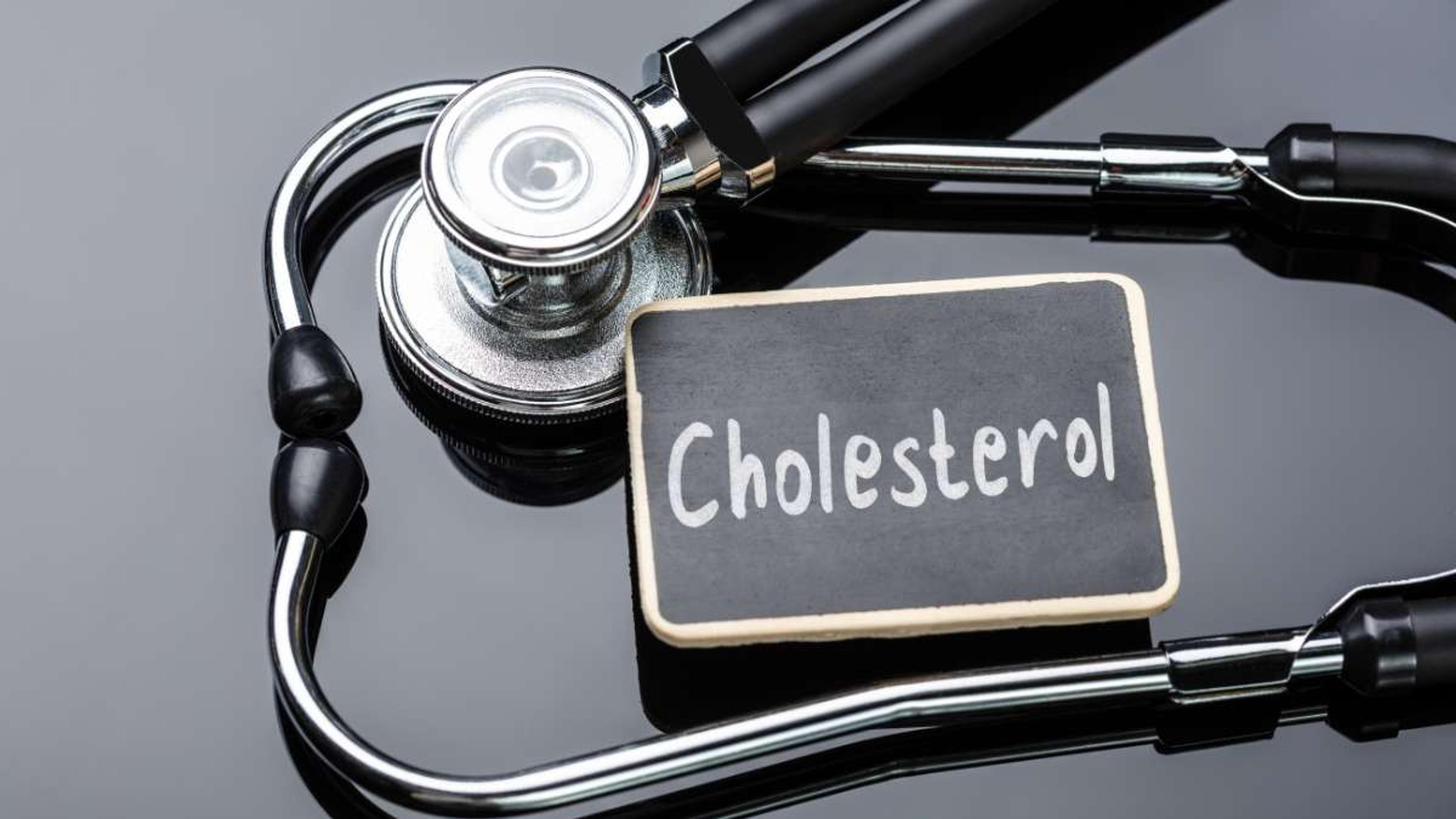
- Key Takeaways
- Understanding Cholesterol and Its Impact on Health
- How a Vegan Diet Can Lower High Cholesterol
- Potential Pitfalls of a Vegan Diet for High Cholesterol
- Other Lifestyle Factors for Lowering Cholesterol
- Sample meal plan and recipe ideas
- Conclusion
- FAQs
Are you worried about your high cholesterol levels and looking for a heart-friendly diet? Studies show that a vegan diet rich in plant-based foods, low in saturated fats, and high in nutrition can actually help lower these worrisome numbers.
This article will guide you on how to adopt a delicious, nutritious vegan lifestyle to manage high cholesterol effectively. Ready to kickstart your journey towards better health? Let's dive right in!
Key Takeaways
- A vegan diet, which is rich in plant-based foods and low in saturated fats, can help lower high cholesterol levels.
- Plant-based foods like fruits, vegetables, whole grains, legumes, nuts, and seeds can effectively lower cholesterol levels due to their high nutrient content and phytochemicals.
- Incorporating specific plant-based foods such as soluble fiber (oats, barley), omega-3 fatty acids (chia seeds, flaxseeds), plant sterols (nuts, seeds), healthy fats (avocados), and soy products can further support heart health and lower LDL cholesterol levels.
- It's important to be cautious of vegan processed foods that may raise cholesterol levels. Ensuring adequate nutrient intake through fortified foods or supplements is essential when following a vegan diet for high cholesterol. Additionally,reducing stress levels and incorporating regular exercise into your lifestyle are crucial for managing cholesterol levels.
Understanding Cholesterol and Its Impact on Health
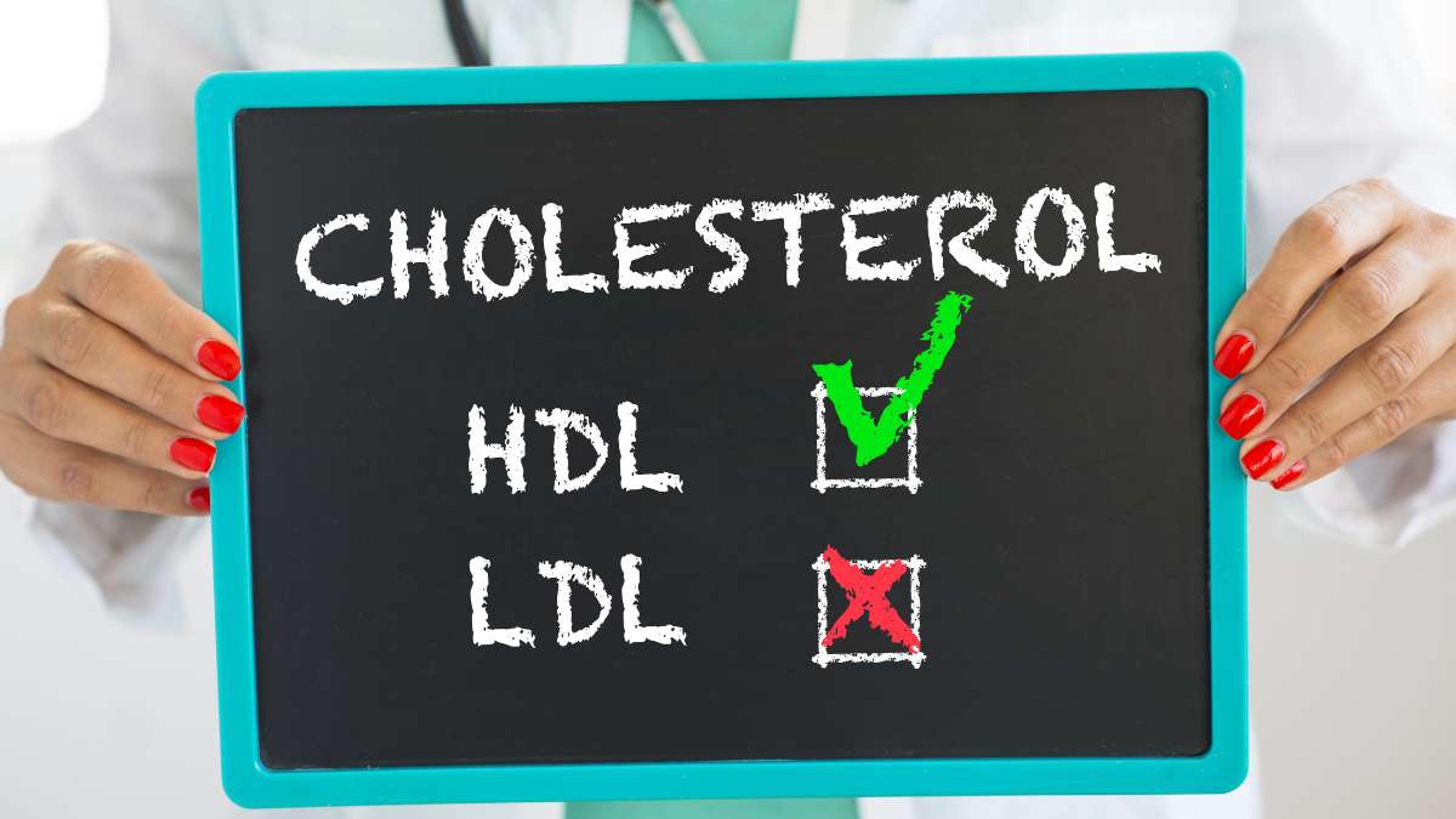
Definition and role of cholesterol
Cholesterol is a fatty substance that is found in every cell of the body, and while it has important functions such as hormone production and cell membrane maintenance, high levels can have detrimental effects on our health.
Cholesterol is a kind of fat in your blood. Your body makes it, but you also get it from the food you eat. It plays a big role in making cell walls, certain hormones, and vitamin D. Monitoring your fat intake is important for managing cholesterol levels and overall health.
The liver sends cholesterol to parts of your body through the bloodstream. However, too much can cause problems for your heart health.
So, how many types of cholesterol are there?
There are two main types of cholesterol: LDL (low-density lipoprotein) and HDL (high-density lipoprotein). LDL cholesterol is often referred to as "bad" cholesterol because high levels can lead to plaque buildup in the arteries, increasing the risk of heart disease. On the other hand, HDL cholesterol is known as "good" cholesterol because it helps remove excess cholesterol from the bloodstream, reducing the risk of heart disease.
When it comes to managing high cholesterol levels, it is important to focus on lowering LDL cholesterol while maintaining or increasing HDL cholesterol.
Difference between HDL and LDL cholesterol
HDL and LDL cholesterol have different roles in your body.
LDL (low-density lipoprotein) and HDL (high-density lipoprotein). LDL cholesterol is often referred to as "bad" cholesterol because high levels can lead to plaque buildup in the arteries, increasing the risk of heart disease.
On the other hand, HDL cholesterol is known as "good" cholesterol because it helps remove excess cholesterol from the bloodstream and acts like a clean-up crew in your body, reducing the risk of heart disease. It also removes bad cholesterol from your blood vessels. Eating a diet rich in veggies can help increase your HDL cholesterol levels and improve your heart health.
Key takeaway is to remember that too much LDL can lead to problems with heart health while high LDL levels cause build-up on the walls of your arteries, which can block blood flow. Therefore, it is of significant importance for a person to maintain healthy levels of both HDL & LDL, at all times.
The ideal reference range for LDL and HDL cholesterol levels in the human body can vary depending on individual factors such as age, gender, and overall health. However, in general, it is recommended to keep LDL cholesterol levels below 100 mg/dL (2.6 mmol/L) for optimal heart health and to monitor the number of calories consumed to maintain a healthy weight.
On the other hand, higher levels of HDL cholesterol are generally considered beneficial in managing high blood pressure. Aim for an HDL cholesterol level of 60 mg/dL (1.6 mmol/L) or above to help protect against heart disease.
Risks associated with high cholesterol levels
High cholesterol can cause many health problems. It can clog your blood vessels. This stops the flow of blood to and from your heart.
A blocked vessel could lead to a heart attack or stroke. If you have high cholesterol, you may also face a risk of having heart disease. Fatty buildup in arteries comes from too much LDL cholesterol, known as the bad kind, which can cause inflammation.
How a Vegan Diet Can Lower High Cholesterol
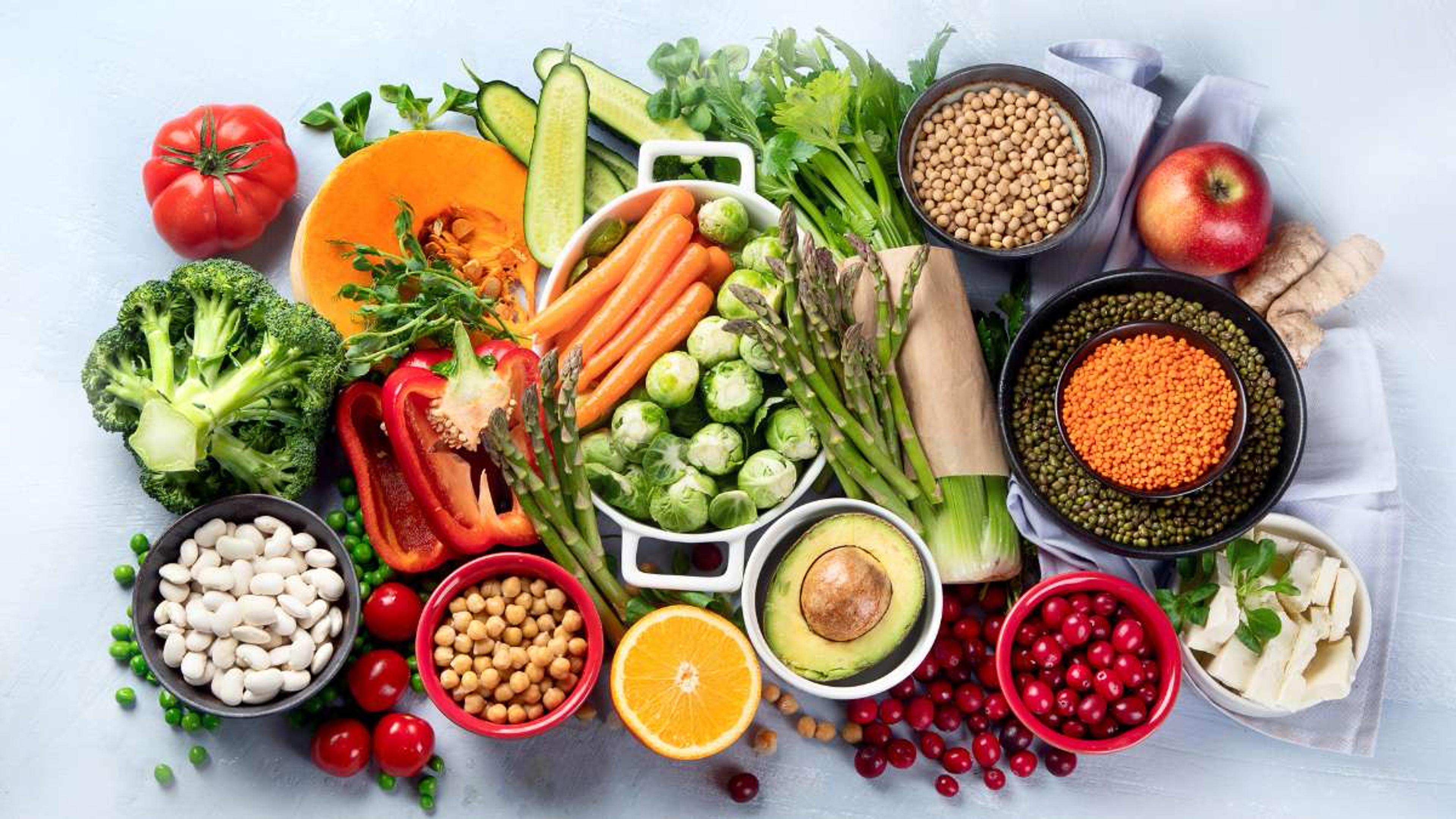
Benefits of plant-based foods for lowering cholesterol
Plant-based foods offer several benefits for lowering cholesterol levels. Studies have shown that adopting a plant-based diet can significantly reduce both total cholesterol and LDL (bad) cholesterol levels.
These diets are rich in nutrients and phytochemicals, which help to lower cholesterol. Additionally, plant-based diets tend to be low in saturated fats, which can further contribute to improving heart health.
By incorporating more fruits, vegetables, whole grains, legumes, and healthy fats like nuts and seeds into your diet, you can effectively lower your cholesterol levels and reduce the risk of cardiovascular disease.
Specific plant-based foods and nutrients that can help lower cholesterol
Plant-based foods and nutrients can help lower cholesterol levels. Here are some specific examples:
- Soluble fiber: Foods like oats, barley, legumes (beans, lentils, peas), fruits (especially apples and citrus fruits), and vegetables (such as Brussels sprouts and carrots) are rich in soluble fiber. Soluble fiber helps to reduce LDL cholesterol levels.
- Omega-3 fatty acids: Incorporating sources of omega-3 fatty acids into a vegan diet can be beneficial for lowering cholesterol. These include chia seeds, flaxseeds, walnuts, and hemp seeds.
- Plant sterols: Plant sterols are naturally occurring substances found in plant foods that can help lower LDL cholesterol. Some examples of plant sterol-rich foods include nuts (such as almonds), seeds (like sunflower seeds), and vegetable oils (such as olive oil).
- Healthy fats: Consuming healthy fats from sources like avocados, olives, nuts, and seeds can support heart health by lowering LDL cholesterol levels.
- Soy products: Foods such as tofu, tempeh, edamame, soy milk, and soy-based meat alternatives contain compounds called isoflavones that may help reduce total cholesterol and LDL cholesterol levels.
Incorporating plant sterols
Plant sterols are naturally occurring compounds found in many plant-based foods. These sterols have been shown to lower cholesterol levels, particularly LDL cholesterol, which is often referred to as the "bad" cholesterol.
Incorporating plant sterols into your vegan diet can be beneficial for managing high cholesterol. You can find plant sterols in foods like nuts, seeds, whole grains, fruits, and vegetables.
They work by blocking the absorption of dietary cholesterol in the intestines, helping to reduce overall cholesterol levels. Including these foods in your meals and snacks regularly can contribute to better heart health and lower cholesterol levels over time.
Supplementation considerations
Supplementation is important for vegans who are trying to lower their high cholesterol levels. Since a vegan diet excludes animal products, it may be challenging to obtain certain nutrients that are crucial for heart health.
One key nutrient to consider supplementing is vitamin B12, as it is mainly found in animal foods. Additionally, omega-3 fatty acids, which are known to support heart health, can be sourced from algae-based supplements instead of fish oil.
It's always best to consult with a healthcare professional or registered dietitian before starting any supplementation regimen.
Cooking and Preparation Tips
- Use heart-healthy oils like canola or olive oil when cooking.
- Opt for baking, steaming, or grilling instead of frying foods.
- Limit the use of butter, margarine, and coconut oil as they can increase cholesterol levels.
- Choose lean proteins like legumes, tofu, and tempeh instead of fatty meats.
- Include plenty of fruits and vegetables in your meals for added nutrients and fiber.
- Incorporate whole grains like oats and brown rice into your diet to help lower cholesterol levels.
- Avoid using excessive amounts of salt in your cooking to maintain healthy blood pressure levels.
- Read food labels carefully to check for hidden sources of saturated fats or cholesterol.
- Experiment with herbs and spices to add flavor to your dishes without relying on excess salt or fat.
Potential Pitfalls of a Vegan Diet for High Cholesterol
Vegan processed foods can be high in cholesterol, so it is important to choose whole, plant-based foods instead. Ensuring adequate nutrient intake is crucial when following a vegan diet for high cholesterol levels.
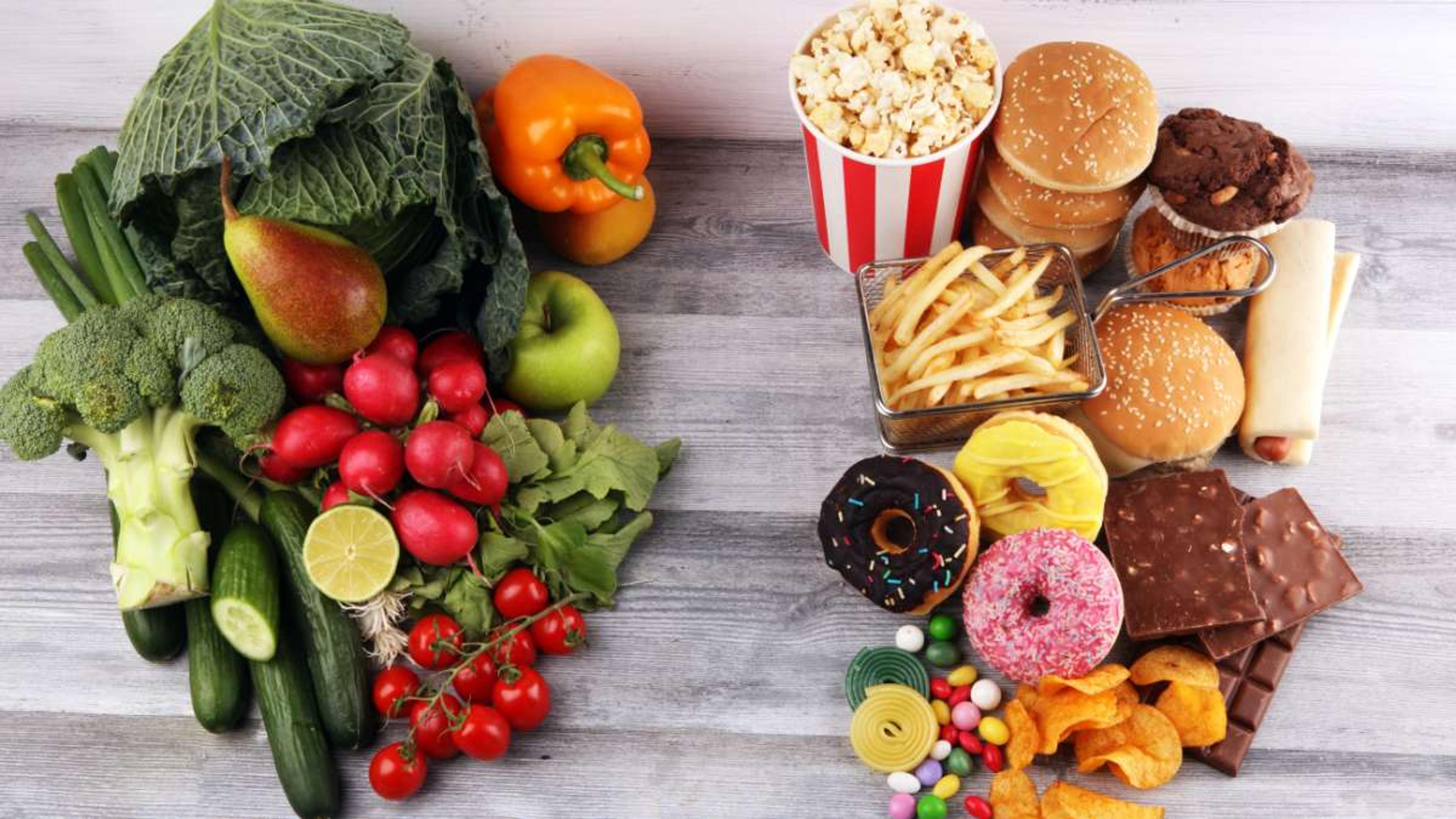
Vegan processed foods and cholesterol
Some vegan processed foods can actually raise your cholesterol levels, so it's important to be cautious. Foods like processed soy patties and cheese with saturated fat can contribute to high cholesterol.
Even certain high-fat nuts and deep-fried goods can have the same effect. While a vegan diet may be beneficial for lowering cholesterol, it's essential to avoid these processed foods to maintain healthy cholesterol levels.
Stick to whole, unprocessed plant-based foods for optimal heart health.
Ensuring adequate nutrient intake
Switching to a vegan diet for high cholesterol requires careful attention to ensure adequate nutrient intake. Since the diet eliminates animal products, there is a risk of deficiencies in key nutrients like vitamin B12 and zinc.
To address this, it's important to include fortified foods or supplements that provide these nutrients. Additionally, focusing on a variety of plant-based foods such as whole grains, legumes, fruits, and vegetables can help meet other nutrient needs like fiber, vitamins C and E, potassium, and magnesium.
By planning meals carefully and incorporating a wide range of plant-based foods into your diet, you can ensure that you're getting all the necessary nutrients while lowering your cholesterol levels.
Other Lifestyle Factors for Lowering Cholesterol
Regular exercise is crucial in managing cholesterol levels and promoting heart health.

Incorporating a vegan diet into your lifestyle
If you want to lower your cholesterol levels and improve your overall health, incorporating a vegan diet into your lifestyle can be beneficial. Research has shown that vegetarian and vegan diets are linked to reduced concentrations of total cholesterol and LDL cholesterol, which are the "bad" types of cholesterol that can clog arteries and increase the risk of heart disease.
By eliminating animal products from your diet and focusing on plant-based foods like fruits, vegetables, whole grains, legumes, nuts, and seeds, you can reduce your intake of saturated fats and dietary cholesterol.
These plant-based foods are rich in fiber, vitamins, minerals, antioxidants, and other nutrients that support heart health. Additionally,vitamin B12 supplementation may be necessary when following a vegan diet as this nutrient is primarily found in animal products.
The importance of regular exercise
Regular exercise is crucial for lowering cholesterol levels and maintaining heart health. Exercise, when combined with a vegetarian diet, has been shown to have even greater benefits in reducing LDL cholesterol levels.
It doesn't have to be intense exercise; even low-intensity activities like walking or Tai Chi can help raise HDL-cholesterol levels. Although more vigorous exercise may be needed to lower LDL-cholesterol, the bottom line is that regular physical activity plays a significant role in managing cholesterol and keeping your heart healthy.
Managing stress levels and the impact on cholesterol
Stress can have a negative impact on cholesterol levels. When we experience stress for long periods of time, it can lead to higher levels of LDL (bad) cholesterol and lower levels of HDL (good) cholesterol.
This is because chronic stress increases the production of cortisol, a hormone that can raise our blood cholesterol. To maintain healthy cholesterol levels, it's important to find ways to manage stress in healthier ways, such as through exercise, relaxation techniques like meditation or deep breathing, and seeking support from loved ones or professionals if needed.
By taking steps to reduce stress, we can help protect our heart health and keep our cholesterol in check.
The negative effects of smoking and excessive alcohol consumption on cholesterol
Smoking and excessive alcohol consumption can have harmful effects on cholesterol levels. Heavy drinking can increase total cholesterol, LDL (bad) cholesterol, and triglycerides in the blood.
Smoking, on the other hand, can raise total cholesterol, LDL-C (bad) cholesterol, and triglyceride levels while lowering HDL (good) cholesterol levels. These habits impair lipid metabolism and are linked to higher levels of total, LDL-, and non-HDL cholesterol.
It's important to be aware of these negative effects and take steps to quit smoking and reduce alcohol intake for better heart health.
Sample meal plan and recipe ideas
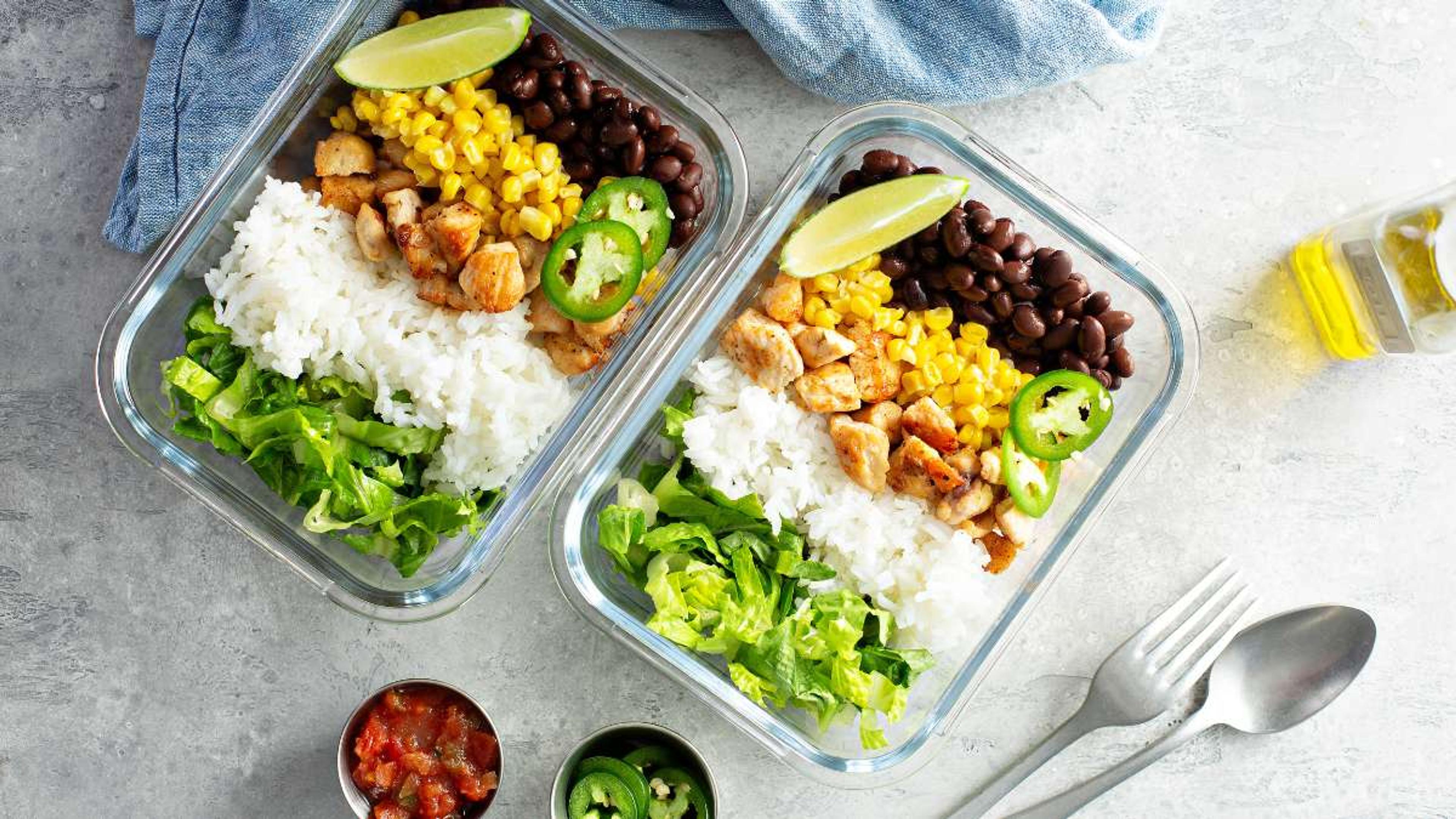
Here are some sample meal plan and recipe ideas to help you incorporate a vegan diet into your lifestyle while lowering high cholesterol levels:
- Breakfast: Start the day with a bowl of oatmeal topped with fresh berries and a sprinkle of ground flaxseeds. Enjoy a side of whole-grain toast with avocado spread.
- Lunch: Prepare a hearty lentil soup packed with vegetables like carrots, celery, and onions. Serve it alongside a green salad dressed with olive oil and lemon juice.
- Snack: Enjoy a handful of nuts, such as almonds or walnuts, for a satisfying snack. Pair them with sliced apple or carrot sticks.
- Dinner: Whip up a flavorful stir-fry using tofu or tempeh as the protein source. Load it up with colorful vegetables like bell peppers, broccoli, and snow peas. Serve over brown rice or quinoa.
- Dessert: Treat yourself to a homemade fruit salad featuring various fruits like berries, oranges, and kiwi. You can also indulge in a small piece of dark chocolate for added enjoyment.
Conclusion
In conclusion, a vegan diet can be an effective way to lower high cholesterol levels. By focusing on plant-based foods and avoiding processed vegan products high in saturated fat, individuals can improve their cholesterol profile and reduce the risk of heart disease.
Incorporating other lifestyle factors such as exercise and stress management can further support overall heart health. So, if you're looking to take control of your cholesterol levels, consider giving a vegan diet a try!
FAQs
1. Can a vegan diet help lower high cholesterol?
Yes, a vegan diet can help lower high cholesterol as it is typically low in saturated fats and cholesterol found in animal products.
2. What foods can I eat on a vegan diet to reduce high cholesterol?
Foods that can help reduce high cholesterol on a vegan diet include fruits, vegetables, whole grains, legumes, nuts, and seeds.
3. Is it necessary to take supplements on a vegan diet for managing high cholesterol?
It may be beneficial to take certain supplements like omega-3 fatty acids or vitamin B12 while following a vegan diet for managing high cholesterol levels. It's best to consult with a healthcare professional for personalized recommendations.
4. How long does it take for a vegan diet to show improvements in cholesterol levels?
The time taken for improvements in cholesterol levels may vary depending on factors like individual metabolism and adherence to the diet. However, some studies have shown positive changes within weeks or months of adopting a plant-based eating pattern.

